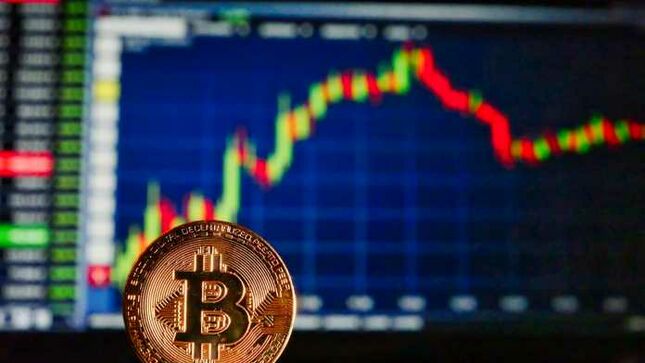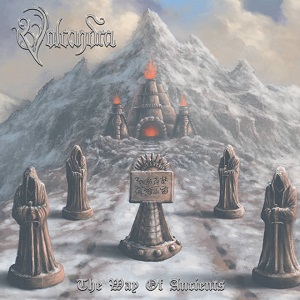Bitcoin And Mental Health
June 21, 2021, 2 years ago

With a mixture of interest and, in many cases, extreme suspicion, the financial world has been following the meteoric growth of bitcoin, the digital money sensation. Bitcoin is presently selling at approximately 37,000 dollars; it was $1,000 a few years ago, prompting several analysts and renowned financial personalities to warn that it was a bubble.
Despite its current ever-increasing performance, the currency is very volatile, surging by thousands of dollars one day and falling by considerably more the next. Which begs the question: what does possessing such a volatile asset do to a shareholder's mental health?
What is the impact of bitcoin on an investor’s mental health?
Bitcoin is the most famous cryptocurrency which was found in the year 2008. The biggest advantage of bitcoin is that it is decentralized, therefore, there is no need for anybody to regulate the currency.
Anyone can use bitcoin to transact from any part of the world and anywhere in a fraction of a second. As bitcoin is regularly increasing its value in the market, it is now becoming a huge rage out there amongst investors, who have gone into a frenzy to invest in it.
An investor may experience a roller coaster of feelings when it comes to high-risk, high-reward assets like bitcoin.
At least one story has surfaced about a bitcoin investor who committed suicide as a result of a deep depression brought on by a failed bitcoin investment strategy; after bubble bursts and market crashes (both of which are a distinct possibility with bitcoin), visits to mental health professionals spike as economic anxiety soars.
Researchers claim that cryptocurrency traders are feeling feelings comparable to those experienced by stock market traders after large booms and collapses. Traders experienced effects ranging from brief melancholy to anxiety during the "down" periods.
The relationship between investment and mental health:
● Believe it or not, research shows that during the downfall of the digital yuan, a stringent rise in hospital admissions has been shown. Also after the pandemic, when many people are resorting to online modes of earning money, the investors surely received a shock when the value of bitcoin went down. They looked at every hospital's medical data and discovered a "strong" correlation between poor daily stock returns and hospital admissions, especially for psychological problems including anxiety, panic attacks, and serious depression.
● Sudden and substantial losses of wealth harm mental health. They discovered that people who lost their riches had more despair and used antidepressant medication. The consequences were especially noticeable among people who had large stock portfolios before the crisis.
● They discovered that those sensations might be fleeting. A drop in subjective measures of mental health, such as getting depressed or bad health, was linked to unexpected financial loss, but not to clinically recognized measures of depression, which were assessed by a mental-health test given to participants.
● The financial system has a history of being extremely volatile, which may temper some of the health-related reactions among investors who have witnessed huge drops in the past. In a low-volatility market, large, unexpected drops are the most unpleasant for investors.
How to keep yourself sane while investing in crypto?
People lose sight of the wider picture of cryptocurrencies and the blockchain technology on which they are exchanged when they purchase and sell in a frenzied cycle. It's difficult to expect individuals to behave rationally when it comes to cryptocurrency.
Conclusion
Many of those who have been captivated by bitcoin are those who may not completely comprehend what they are purchasing. When one is investing, they have to keep in mind that it is a volatile currency, so holding it off can also be a good option before one keeps on selling and buying it time and again.











